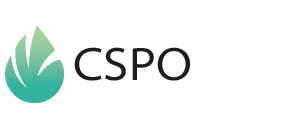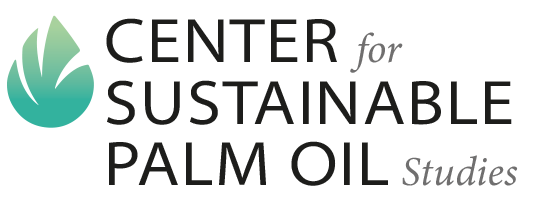
As environmental and ethical issues rise up the agenda for companies, investors and consumers, attention is increasingly turning to companies’ supply chains and their role in causing damage to the environment and human rights.
One of the first things you realise when you look at supply chains is how opaque they often are. One area that is particularly thorny is deforestation, three quarters of which is caused by the agriculture sector. One organisation that has been working to address this is the Accountability Framework (AFi), which has just celebrated its second birthday.
The Framework emerged when a number of not-for-profits, including The Nature Conservancy, Rainforest Alliance, WWF and the World Resources Institute, came together to try to tackle deforestation, says Jeff Milder, director of global policy and coalitions at the Rainforest Alliance. “Many companies had started making commitments on deforestation, but it became clear that people couldn’t even agree on what those commitments meant, let alone having a plan for how to get there,” he says. “At the same time, a number of human rights abuses around issues such as land grabs started to emerge.
The Accountability Framework is a set of principles, definitions and guidance to help companies achieve ethical supply chains in agriculture and forestry, and it offers a clear and consistent way to set commitments, take action and monitor progress on everything from deforestation to human rights violations.
“There was a need for a framework grounded in consensus if companies want to eliminate deforestation and have respect for human rights in supply chains. If you can get consensus, you create a clear signal for business to act. You need a yardstick for progress – it’s not just a stick to beat up companies, it also allows you to give the carrot of being recognised by your peers, suppliers and consumers.”
Two years on and the AFi is now everywhere. Some of the biggest companies in the world, such as McDonald’s and Nestlé, are now using the Framework. In fact, it is being used by processors, traders, manufacturers and retailers with total annual revenues of more than US$1.7 trillion. The most active sectors are soy, palm oil and rubber, with buyers of beef and leather also heavily involved.
That’s because it has managed to make some sense of the alphabet soup of different disclosure frameworks that exist. Most major assessments of corporate performance on deforestation and related issues are now aligned with the Framework. “We have played a central role in getting people to agree on some of the fundamentals of what an ethical supply chain looks like, which means that when companies get together to work on these issues, they’re not wasting hours just getting to the start line.”
In the past year, more than 400 companies were assessed according to methods aligned with the Framework, including those of Forest 500, WWF’s palm oil and soy scorecards, and Forests Trends’ Supply Change initiative.
Many companies are now using the Framework to simplify how they disclose supply chain information through other initiatives. For example, in 2020, 687 companies disclosed supply chain risks, policies, and implementation processes through the newly Framework-aligned CDP forests questionnaire.
As Milder says: “The AFi is driving change at a scale that matters. By providing a clear roadmap that reflects broad consensus, the Accountability Framework helps companies act with confidence to establish ethical supply chains that protect nature and respect human rights.
“Not only does the Framework help companies fulfil their ethical supply chain commitments; it also positions them to address the most critical sustainability mandates of the 2020s – from net-zero emissions to non-financial disclosure and ESG investing.”
The Framework plays a number of important roles for companies trying to get to grips with sustainability issues, Milder says. “Businesses often struggle to understand the specific expectations of their stakeholders and business partners and how they can most effectively meet these expectations – the Framework helps them do that. Also, it’s becoming increasingly clear that this is no time for lone wolves. For businesses, there is efficiency and safety in moving along the sustainability path together; and as expectations around disclosure, transparency and traceability rapidly escalate, the Framework helps companies to stay ahead of the game.”
By: Mike Scott for Forbes
Original Link: https://www.forbes.com/sites/mikescott/2021/07/06/campaigners-turn-up-heat-on-supply-chain-role-in-deforestation/?sh=211be776b87/



